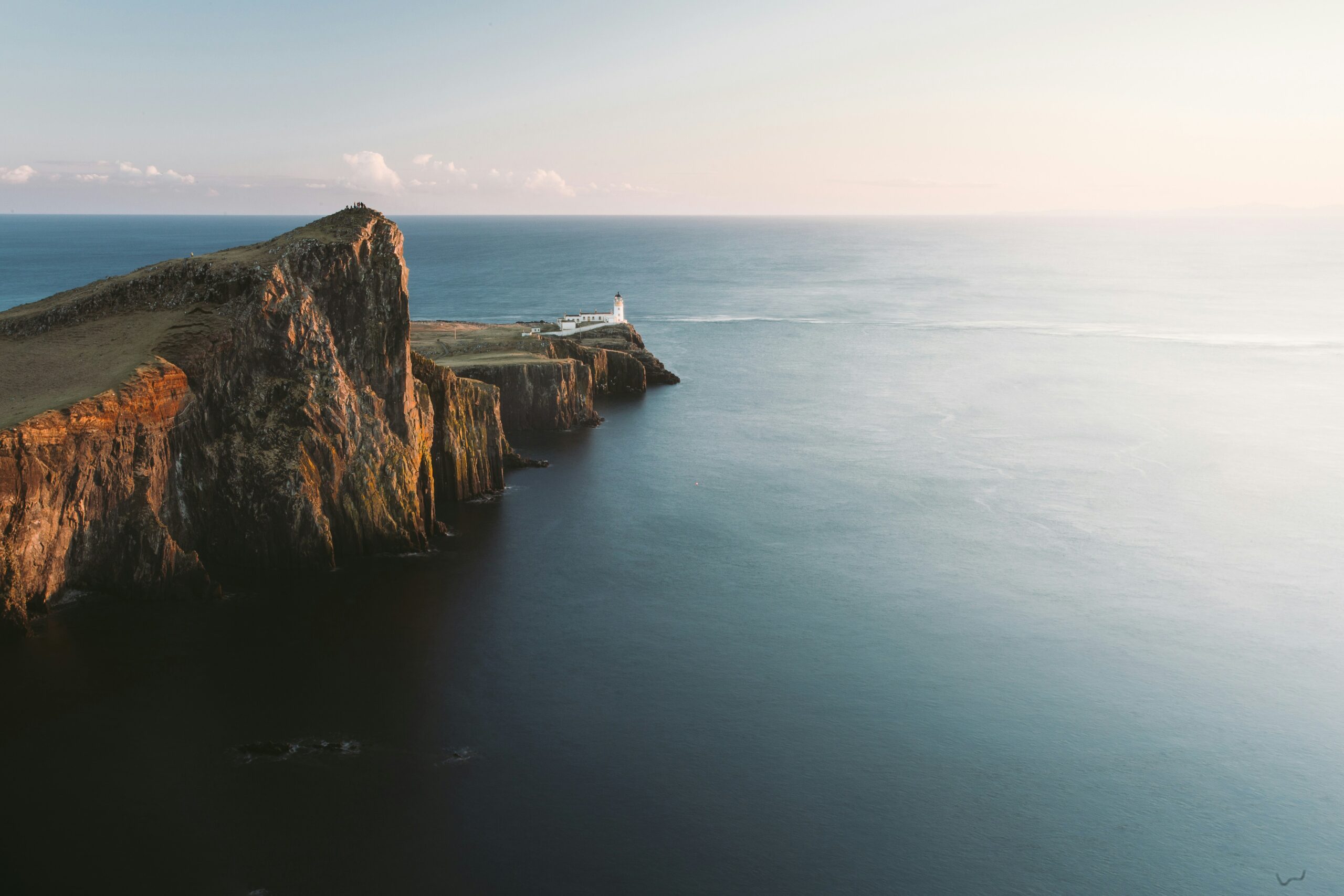The MacLeod surname, deeply rooted in history and mythology, originates from the mist-covered islands and rugged highlands of Scotland. The MacLeod clan’s story is a captivating blend of myth and reality, illustrating a journey marked by power, pride, and an enduring spirit.
Our tale starts in the Norse-Gaelic era, an age dominated by the Vikings in Scotland. These Norsemen, famed for their maritime skills, journeyed far beyond their Scandinavian territories, eventually reaching the coasts and islands of Scotland. It was during these voyages that the ancestors of the MacLeods probably appeared. The surname MacLeod, translating to “son of Leod,” likely has its foundations in Old Norse, indicating Viking roots for the clan. According to clan lore, Leod was a personage of the 13th century, descended from the Kings of Mann and the Isles, an area governed by both Norse and Gaelic royalty.
The MacLeods solidified their position on the Isle of Skye, their influence extending to the other areas of the Hebrides. The clan divided into two primary branches: the MacLeods of Harris and Dunvegan, and the MacLeods of Lewis. Each branch, while sharing a shared lineage, navigated its own unique course through Scottish history.
The MacLeods of Harris and Dunvegan are known for their residence at Dunvegan Castle, an architectural wonder and one of Scotland’s oldest continually inhabited castles. This magnificent stronghold, nestled on Skye’s rocky coast, has been the clan chiefs’ ancestral home for more than eight centuries. The castle stands as a testament to the clan’s lasting legacy and preserves treasured artifacts, such as the enigmatic Fairy Flag, an artifact steeped in legend and purported to possess magical powers.
Conversely, the MacLeods of Lewis historically governed the Isle of Lewis, the Outer Hebrides’ largest island. Their history is punctuated by internal conflicts and external alliances with other influential families. While the Lewis MacLeods’ prominence diminished over time, their narrative remains an integral part of the wider clan story.
The MacLeods have been central players in Scotland’s tumultuous history, participating in clan wars, national rebellions, and political machinations. Their fortunes have ebbed and flowed with time, demonstrating their adaptability and resilience and maintaining their distinct identity and heritage.
In contemporary times, the MacLeod legacy still resonates. The clan, like many others, grappled with the impact of the Highland Clearances in the 18th and 19th centuries, which sparked a diaspora as Scots sought better lives abroad. This dispersion resulted in the MacLeod name spreading far beyond Scotland, with descendants now residing in countries such as Canada, the United States, Australia, and New Zealand.
Currently, the clan is led by a chief, a figure embodying continuity and the custodian of the clan’s history and traditions. Clan meetings, or “mod,” provide an opportunity for MacLeods worldwide to reconnect with their heritage, celebrate their culture, and form new relationships. These meetings, often hosted at Dunvegan Castle, underscore the clan’s unyielding spirit.
The MacLeod clan’s history stands as a vibrant testament to Scotland’s diverse and intricate past. From the Viking era to the present day, the MacLeods have woven themselves into Scotland’s historical fabric, enriching its diversity and richness. Their story, a fusion of fact and folklore, is a compelling chronicle of survival, identity, and the enduring ties of kinship.
Ultimately, the MacLeod clan’s story transcends a simple recounting of dates and events. It is a timeless narrative, charting a people’s journey through time, defined by bravery, resilience, and an unwavering dedication to heritage. As the world changes, the MacLeod name continues to symbolize Scotland’s clan legacy, a beacon of history’s lasting resonance among the descendants of those hardy, ancient highlanders.
